Completed microplastic projects
PLAWES - Microplastic contamination in the model system Weser - Wadden Sea National Park - an ecosystem-wide approach.
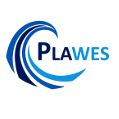
Coordinator: Prof. Dr. Christian Laforsch
Duration: 01.09.2017 - 31.08.2020
https://www.bayceer.uni-bayreuth.de/PLAWES/
Funded by: The PLAWES project is funded within the research focus "Plastics in the Environment" by the German Federal Ministry of Education and Research (BMBF). The research focus "Plastics in the Environment - Sources, Sinks, Solutions" is part of the flagship initiative Green Economy of the BMBF program "Research for Sustainable Development" (FONA3).
MiKoBo Microplastics in composts and fermentation products from biowaste treatment plants and their input into soils
Duration: 01.09.2017 - 31.08.2020
Microplastic particles, defined as plastic particles < 5 mm, are increasingly seen as a burden on the environment. Currently, research focuses on a rather descriptive assessment of this burden. The dynamics, such as input pathways and their possible influence, are hardly investigated. MiKoBo considers the comparatively little researched environmental system soil. One known input vector for microplastics (MCS) in soils is sewage sludge. This input pathway can be closed relatively easily by legal regulations. In contrast, the potential contamination of soils by FMD in organic fertilizers has hardly been recorded to date. ln Germany, biowaste is collected separately and recycled as material or as energy. The composts and fermentation residues from the biowaste recycling plants are valuable organic fertilizers. At the same time, plastic contaminants, especially plastic bags, are always found in biowaste.
Funded by: Projektträger Karlsruhe KIT (2018)
ZIM Network Plastic Monitoring in Water Bodies (PlaMoWa)
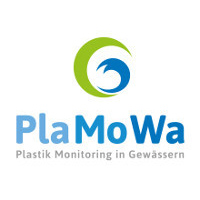
Within the framework of the Innovation Program for SMEs (ZIM), the Chair of Animal Ecology I was involved in several projects that arose from the network Plastic Monitoring in Water Bodies (PlaMoWa).
Funded by: BMWi (2017), Central Innovation Program for SMEs (ZIM)
PlaMoWa - Project 1: Filter cascade
To identify plastic particles in water bodies, a PlaMoWa consortium is developing a novel filter unit (filter cascade) that enables efficient pre-sorting of microplastic particles during sampling in water bodies. Key innovations include the integration of a pre-screen to concentrate the filtrate, the integration of a cleaning and antifouling system to prevent a reduction in filter performance due to the formation of biofilms on the filter fabrics. Intelligent backwash mechanisms make the filter cascade usable also over longer periods.
Participating PlaMoWa partners: -4H-JENA engineering GmbH, Nägele Mechanik GmbH, University of Bayreuth - Chair of Animal Ecology I, Fraunhofer ICT
Status: ZIM funding approved
Project period: 01.07.2016 to 30.06.2018
PlaMoWa - Project 5: automated Raman spectroscopy for characterization of microplastic particles covered with biofilms.
By combining various slightly modified sensor systems, an optical multisensor for the detection of microplastics in water bodies is to be developed for the first time. With an integrated digital in situ evaluation unit, a picture of the microplastic load in the water body will be produced by combining the measurement results from the individual sensors.
Intended PlaMoWa Partner
mibic GmbH & Co. KG, SmartMembranes GmbH, Timegate Technology Ltd, GNF e.V., Jacobs University Bremen, University of Bayreuth - Chair of Animal Ecology I
Status: ZIM funding applied for
Planned project start: 2019
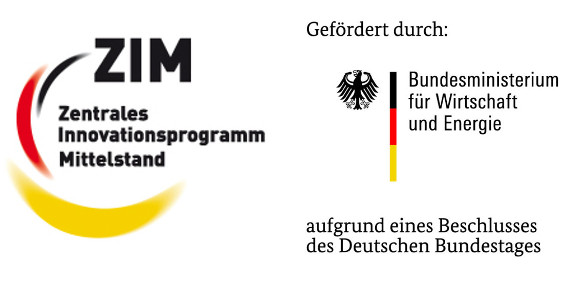
More information:
Automated method for analyzing the contamination of freshwaters with microplastic particles and application to the Main ecosystem.
Funded by: Oberfrankenstiftung (2016)
JPI-O Microplastic - BASEMAN: Guidelines and standards for the uniform analysis of microplastics in European waters.
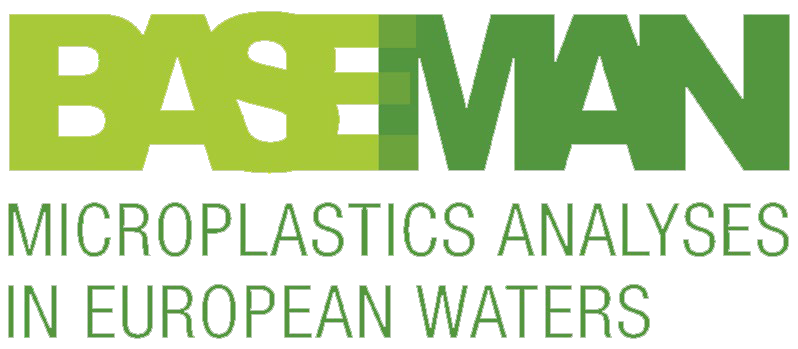
Persistent plastic litter amasses. It fragments over time, both before entering and within the marine environment. Together with micro-sized primary plastic litter from consumer products, this leads to an increasing amount of small plastic particles, so called microplastics (MP). The ubiquitous presence and massive accumulation of MP in marine habitats and the uptake of MP by at least 700 marine species biota is now well recognised by scientists and authorities worldwide. However, the impact of plastic particles on aquatic ecosystems is far from understood. A fundamental issue precluding assessment of the environmental risks arising from MP is the lack of standard operating procedures (SOP) for MP sampling and analysis. Consequently, there is a lack of reliable data on concentrations of MP and the composition of polymers within the marine environment. Comparability of data on MP concentrations is currently hampered by the huge variety of different methods, each generating data.
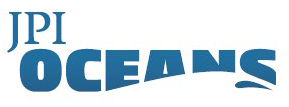
More information:
MikrOMIK - Die Rolle von Mikroplastik als Träger mikrobieller Populationen in der Ostsee.
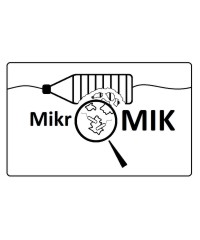
The joint project MikrOMIK is aiming at a comprehensive analysis of microplastic in the Baltic Sea, focusing on the microbial populations colonizing the plastic particles. So far, only rough estimations of the abundance and distribution of microplastic in the Baltic Sea exist, and nothing is known about the interaction between microplastic and microorganisms in this ecosystem. Milestones of MikrOMIK are:
- A first-time analysis of the distribution, potential sources and sinks of microplastic in the Baltic Sea.
- The determination of the role of microplastic as substrate for specific microbial populations and their functions.
- The assessment of health risks for the littoral states of the Baltic Sea, emanating from microplastic as a vector for pathogenic microorganisms.
Duration: 01.04.2014 - 31.12.2017
- Project management: IOW Warnemünde, Prof. Dr. Matthias Labrenz
- More Information: Projectwebsite at IOW Warnemünde
- Funded by: Leibniz Association grant SAW-2014-IOW-2
Orienting investigations of selected flowing waters for microplastics in the federal states of Baden-Württemberg, North Rhine-Westphalia, Rhineland-Palatinate and Hesse.
Funded by:
- State Institute for the Environment Baden-Württemberg (LUBW)
- North Rhine-Westphalia State Office for Nature, Environment and Consumer Protection (LANUV)
- Hessian State Agency for Nature Conservation, Environment and Geology
- State Office for the Environment Rhineland-Palatinate
Publications and more information:
- Projectwebsite at LFU Bayern
- Microplastics in Bavarian Lakes - A Pilot Studio in German (2019)
- Joint report of the countries in German (2018)
- Schrank, I., Löder, M., Imhof, H., Moses, S., Heß, M., Schwaiger, J., Laforsch, C.:Riverine microplastic contamination in southwest Germany : A large-scale survey. Frontiers in Earth Science, 10 (2022). doi:10.3389/feart.2022.794250
Microplastics in Bavarian waters and effects on fish and mussels
On behalf of the Bavarian Ministry of the Environment, the LfU, together with the University of Bayreuth (Prof. Dr. Ch. Laforsch) and the Technical University of Munich - TUM (Dr. N. Ivleva), conducted studies on microplastic pollution of Bavarian lakes and rivers and on effects on fish and mussels.
The research project served to close existing knowledge gaps and thus provide a better data basis for risk assessment.

Funded by: Bavarian State Office for the Environment (LFU)
Pollution of aquatic ecosystems with plastic waste: global and local monitoring using satellite-based methods.
Funded by: BMWi (2013)
Plastic particles in limnic ecosystems
Funded by: German Research Foundation (DFG)
